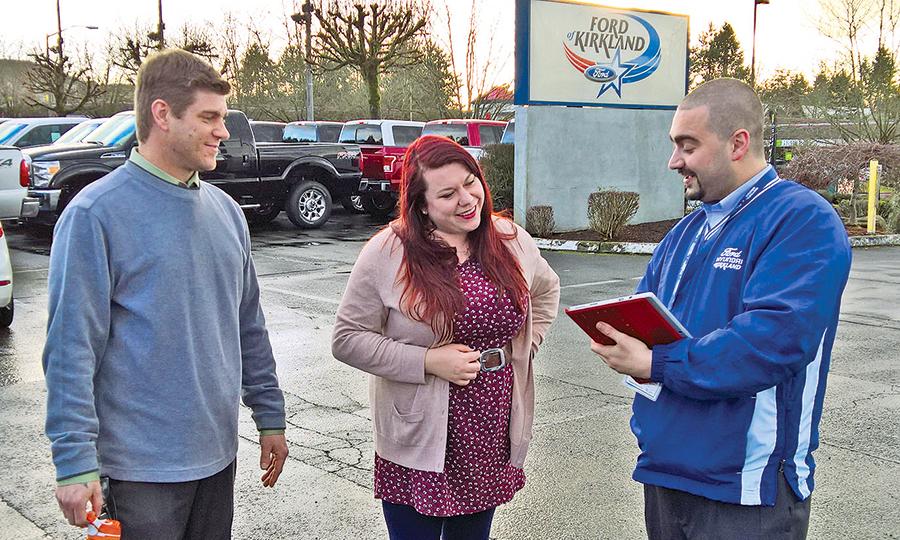Best Practices: Splitting Costs
This story originally appeared in the February 22, 2016 issue of Automotive News. This was the first item I reported for this authoritative pubication. To see the original online version, click here.
Dealership group, staff split costs of tablets
Devices speed lead response times and boost close ratios
A dealership group east of Seattle has its sales staff buying into the use of tablet computers — literally.
In 2014, Jim Walen, owner of Ford of Kirkland and Hyundai of Kirkland, decided to split the cost of new tablets 50-50 with salespeople and let the staffers take the devices home for personal use. At home, the staffers could, if they chose, respond to sales leads at unconventional hours.
For the stores, the idea sped adoption of the technology, lowered the cost of providing the devices and improved engagement between management and staff. Since the program began with one tablet in each store, about 40 percent of the sales staff has taken Walen up on the offer, he said.
Staffers must work for the dealership group at least 90 days before they can qualify to partner on a Microsoft Surface tablet. If they quit within six months of the tablet’s purchase, they must return the device or pay the remaining 50 percent. The dealerships’ Internet director sets up the tablets, including standard security and anti-virus software, after which staffers may customize the devices to their needs.
Choosing the Microsoft Surface over competing tablets was easy: “Mircosoft’s main campus is six miles away, and there are 30,000 Microsoft employees in our backyard. It’s good to partner with a local business,” Walen said. Indeed, Ryan Rea, the dealerships’ Internet director, is a Microsoft alumnus.
At first, mainly veteran staffers adopted the tablets. But the program also helps newer staffers become veterans. In an industry in which sales turnover can be very high, the program “definitely helps people decide if they want to stay on long term,” said Kristen Howard, the stores’ business development manager. Though the dealership group declined to release specific employment data, less than 5 percent of those who have joined the tablet program have left the stores. Retention has been trending up since the program began.
The devices have proved effective, enhancing the rewards for those who’ve signed on.
The main advantage of the tablets in the stores is speed. Salespeople can help customers compare models and quickly see a multitude of choices. With up to 1,600 vehicles on hand at any given time, some on remote lots, the tablets streamline shopping.

“You can show off various inventory very quickly,” Walen said. “You can scroll through a hundred trucks with the customer in minutes without having to walk around.”
When at home, staffers can log into their store’s customer relationship management system to respond to leads and follow up with customers at all hours. Response time has improved with the use of the tablets, as has the close ratio on Internet leads.
The dealerships have an auto-responder for Internet inquiries, but personalized responses tend to yield better results. Sales staffers can now respond to leads in minutes or hours even when the stores are closed. Before, personalized responses might have waited until the next day if an inquiry came in after closing, or even more than 24 hours if an inquiry arrived on a Saturday evening.
At the end of 2015, Hyundai Motor America ranked Hyundai of Kirkland as having the fifth-highest close ratio in the nation for Internet leads, and first among dealerships in the western region. This is up from 102nd nationally and 16th in the western states in 2014.
To see the complete story on AutoNews.com, click here.
